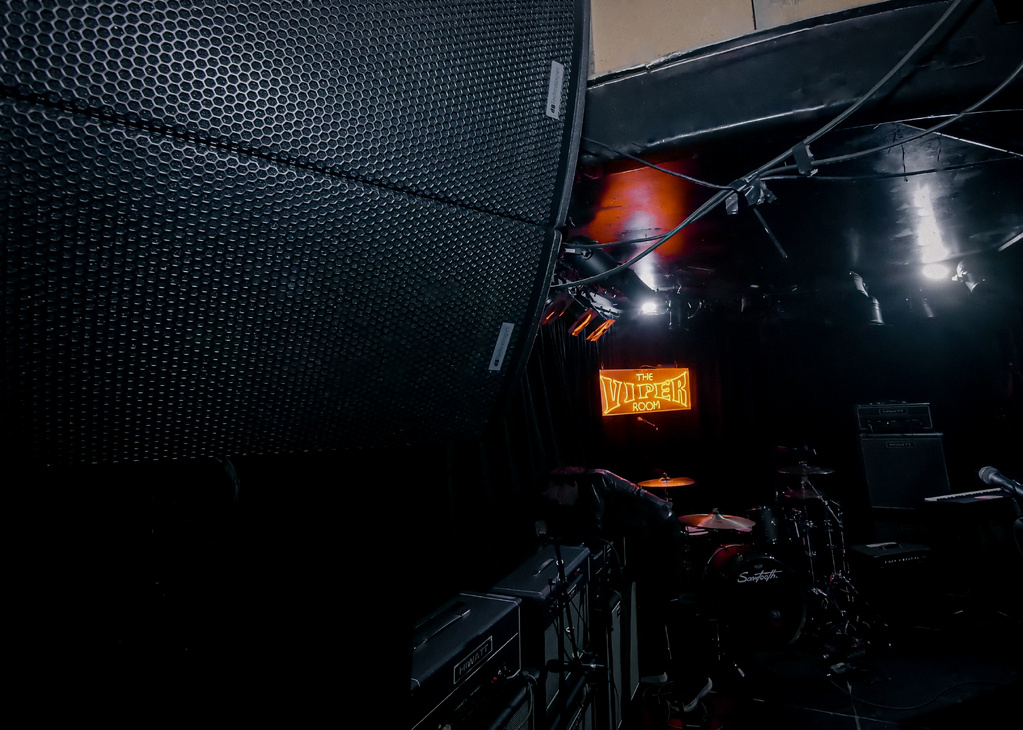Sometimes my first reaction to something isn’t always my best reaction.
Recently I was mixing a group that I’d handled a few times before, and after about 30 minutes of rehearsal, the leader walked out in to the house to listen to the mix.
What happened next is where I thankfully took time to process rather than react. After a few minutes, the leader shouted, in what I interpreted as a rather curt tone, “The kick drum is way too loud!”
My passive aggressive nature was screaming from me to either shout back or turn up the kick even more.
But fortunately, in my case, a bit of wisdom has finally come with age. So rather than elevate the conflict, I did the smart thing and turned down the kick. Doing so also allowed me to think a bit more rationally.
My thoughts, not in any particular order:
1) The leader knows the band and what the mix should sound like.
2) The leader is an idiot. Everyone likes to feel the kick drum (notice I said I was only a bit more rational).
3) I’m a professional and know how to mix (OK, so I’m not always rational).
4) Maybe the kick is a little heavier on the main floor (I was mixing from a balcony position).
5) The average age of the audience will be somewhere between blue hair and retirement home, so the leader is probably just asking me to mix to the audience.
6) I’ve been accused before about having too much kick in my mixes.
7) Perhaps my mix is not matching the musical performance.
That last thought, number 7, is the one I settled on as “most” valid and most likely what the leader intended: the sound of the performance should match the music of the performance. Bill Gaither music should not sound like rock. Rock should not sound like classical. Classical should not sound like there is a sound system present. Etc…
I was thankful I didn’t take his “suggestion” as a personal attack and do something stupid, and I was able to provide a mix that better represented the musical performance. Win-win.
Later in the rehearsal, I went down to the main floor to hear how it sounded overall, and to specifically evaluate the kick. I thought the kick (and drums overall) sounded O.K., maybe a little light, but I asked the leader to join me and share what he was hearing.
His take was that the drums, overall, were a little too loud. It was his show, he had written all of the arrangements, and he leads this band all of the time, so he knows the sound he is looking for. It was my job to make that happen.
The morals of this story:
1) Be slow to speak and react.
2) Don’t take things personally. Just because someone makes a suggestion, don’t get offended.
3) Our role as sound mixers is to best represent what’s happening on the stage and to mix to that style of music, not how we personally like it.
4) The leader has the final say. He (or she) has either written or picked out the arrangements, secured the musicians, and has an opinion on how it should sound.



















